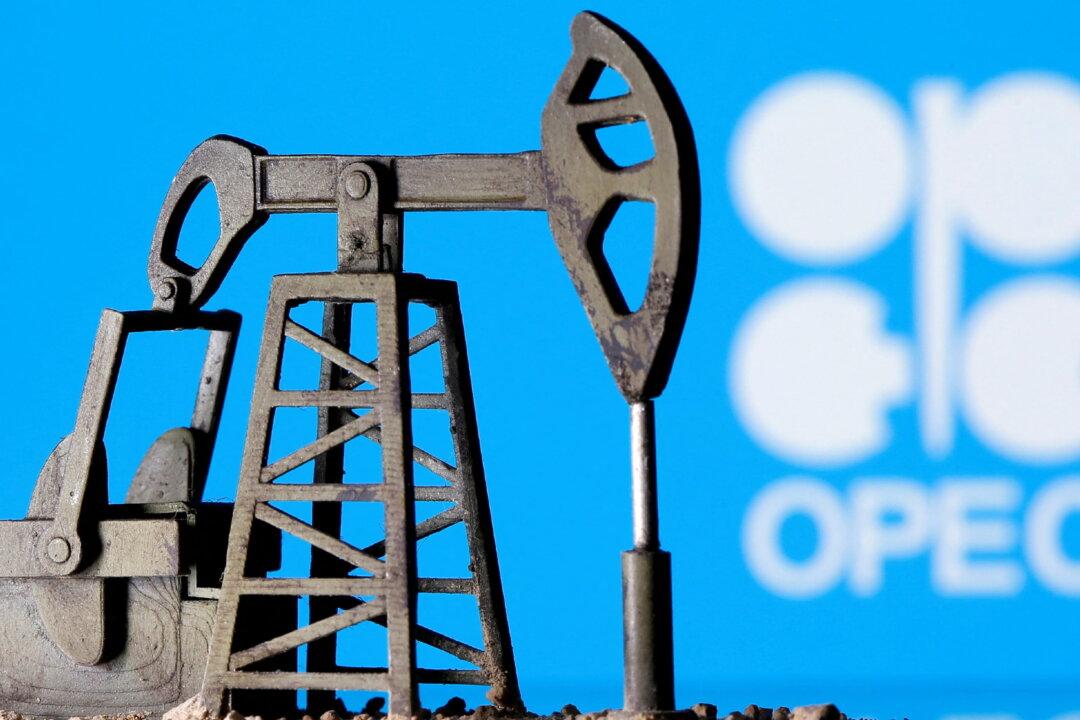The OPEC+ alliance of crude-producing countries has agreed to deep cuts in oil output, providing a likely floor to falling prices and delivering a blow to U.S. President Joe Biden’s pleas for the cartel to boost production to help quell soaring inflation.
The Organization of Petroleum Exporting Countries (OPEC) and its oil-producing allies, known as OPEC+, agreed to cut production by 2 million barrels per day (bpd), with the decision coming at an Oct. 5 meeting in Vienna.





